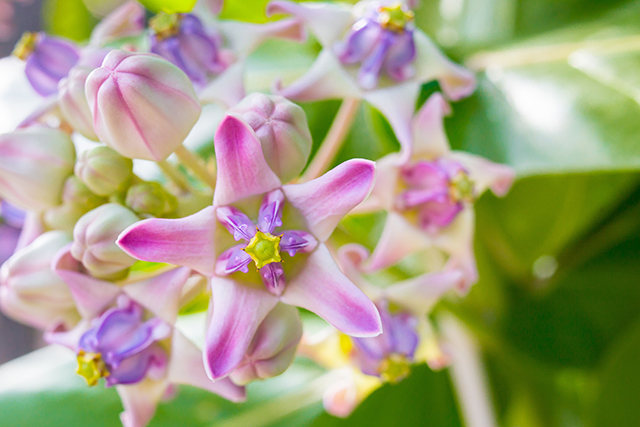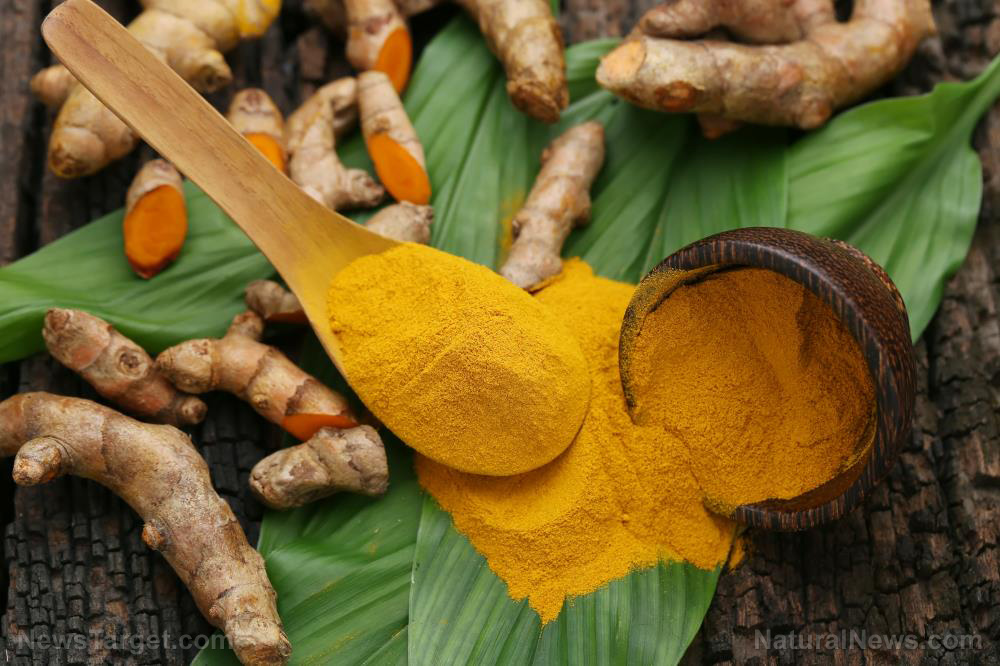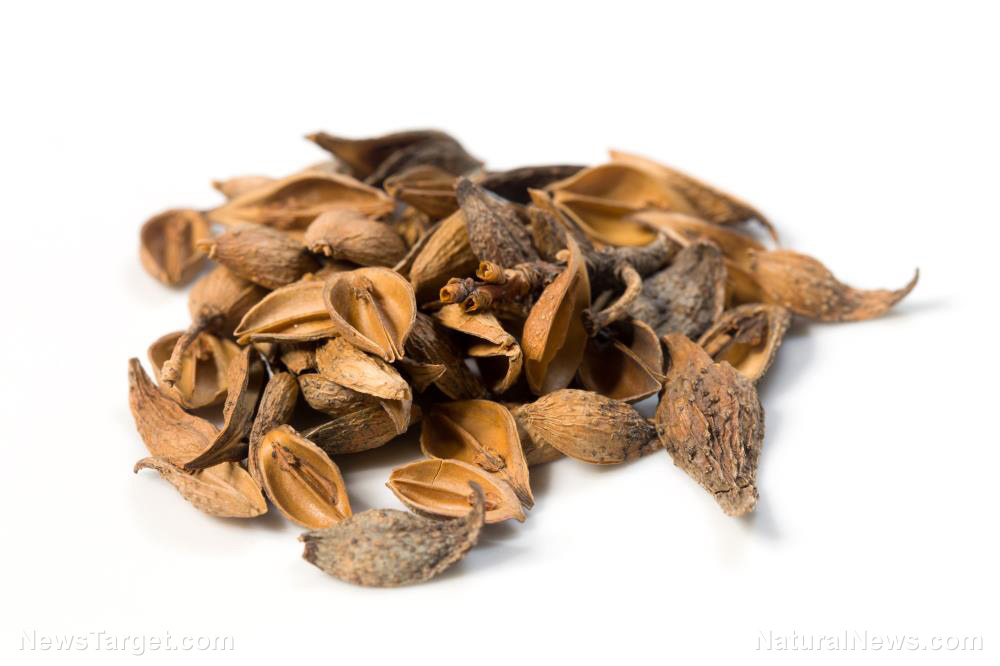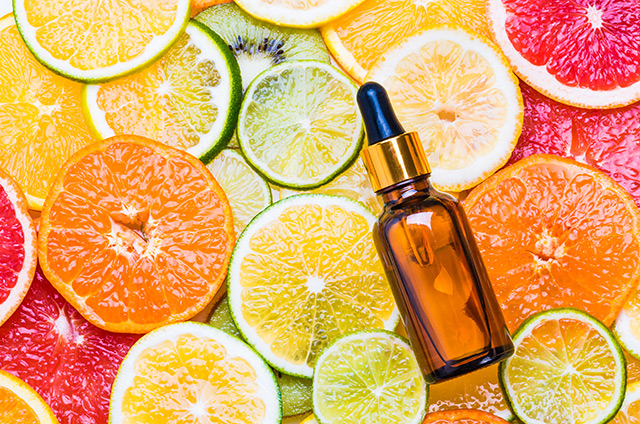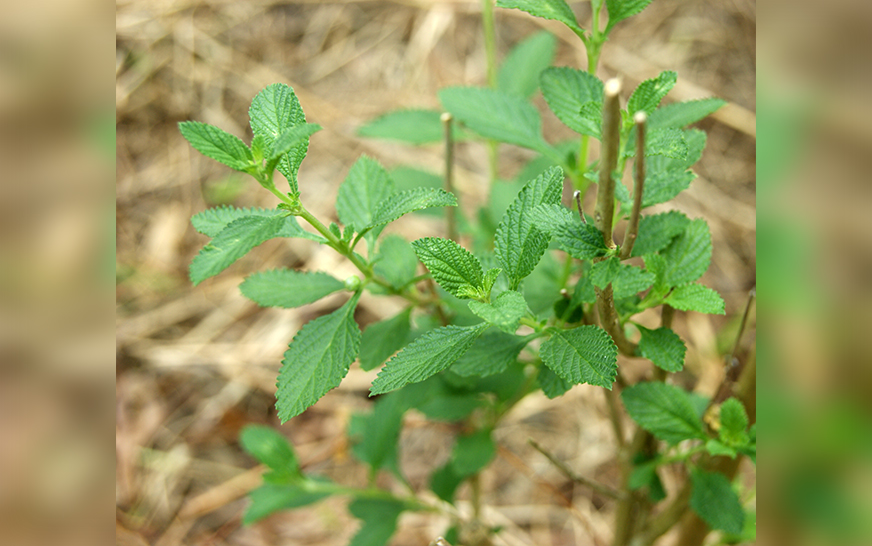Use these five essential oils to stop allergies dead in their tracks
02/19/2019 / By Amy Goodrich
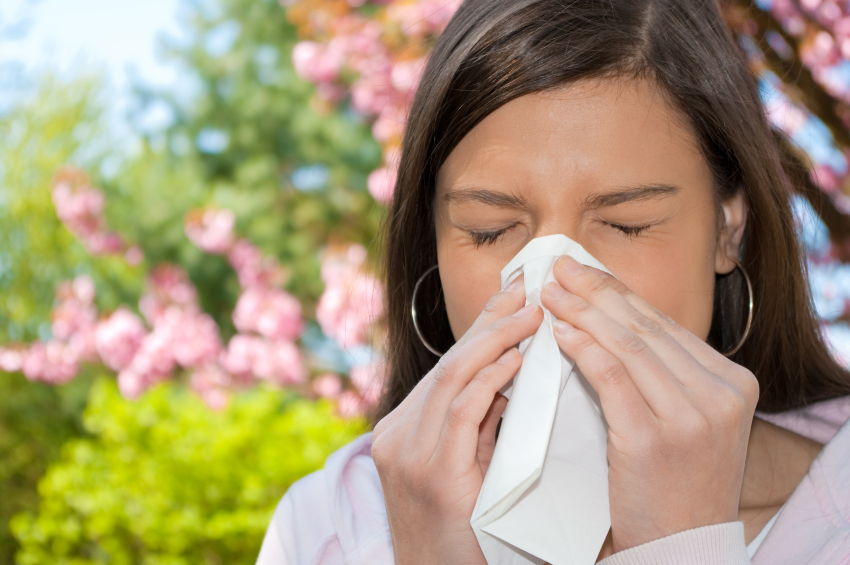
Today, allergies have become a widespread and growing health problem across the globe. While we often associate allergies to the changing seasons, they are not just restricted to the increase of pollen in the air. Allergies can be the result of both genetic and environmental triggers. Environmental allergens include pollen, dust, mold, latex, animal dander, insect bites, food, and certain medications.
An allergic reaction occurs when the immune system goes into overdrive after exposure to an allergen, resulting in sneezing fits, runny nose, watery eyes, inflammation, narrowing of the airways, or skin rashes. If you are one of the millions of Americans who suffer from allergies, then antihistamines, corticosteroids, or other prescribed anti-allergy products may be your go-to cures to find relief.
While sales of conventional allergy drugs are on the rise, more and more people are turning their back to these substances since they often come with a host of side-effects. Over recent years, demand for alternative therapies for the treatment of allergies has skyrocketed.
Below you’ll find five of the most powerful essential oils to safely treat the symptoms of allergies and boost the immune system.
Lavender
Lavender essential oil is a versatile oil every home should have. Its natural antihistamines work wonders on both respiratory and skin allergies. There are many excellent ways to use lavender oil to soothe symptoms of an allergy. You can either apply it directly on the skin, or dilute it in coconut oil if you have sensitive skin, to treat rashes, insect bites, or skin inflammation. To soothe symptoms of respiratory allergies, rub a few drops between your palms (or apply on a cotton ball) and hold them near your nose while taking deep breaths. You can also use a few drops in a diffuser near your bedside to help you sleep better.
Peppermint
Well known as a digestive aid, peppermint also possesses strong anti-inflammatory and analgesic properties to soothe respiratory and skin allergies. It loosens mucus accumulation in the sinuses and the airways, making it easier to cough up phlegm. Dilute a few drops in a carrier oil or lotion and apply to your forehead, cheeks, and chest for a cooling and rash soothing effect. One to two drops of pure peppermint essential can also be taken internally to ease the effects of food allergies. Furthermore, inhaling diffused peppermint oil clears sinuses and soothes a sore and scratchy throat.
Lemon
Lemon essential oil can be very useful in the treatment of seasonal allergies and asthma attacks. It works particularly well in synergy with peppermint and lavender essential oils to relieve congestion and improve circulation. You can use equal quantities of the three oils in a diffuser or apply a mixture to the forehead, chest, behind the ears, or on the soles of your feet to overcome respiratory conditions and boost the immune system.
Eucalyptus
Eucalyptus is the go-to oil if the allergy is causing headaches and severe sinus congestion. This oil is very potent so always dilute it in a carrier oil. Also, only a few drops in a steam inhaler can have a tremendous effect in clearing the nasal passages and relieving congestion.
Roman Chamomile
Chamomile is one of the safest oils out there. It can even be used on infants to soothe symptoms of allergic skin reactions. Dilute two to three drops of chamomile oil in a teaspoon of coconut oil and apply on itchy, inflamed areas of the skin. It works wonders on insect bites and rashes caused by diapers and sanitary pads.
Learn more about natural remedies at Remedies.news.
Sources include:
Tagged Under: allergy, alternative medicine, essential oil, natural cures, respiratory allergy, seasonal allergy, skin allergy
RECENT NEWS & ARTICLES
COPYRIGHT © 2017 ALTERNATIVE MEDICINE NEWS




